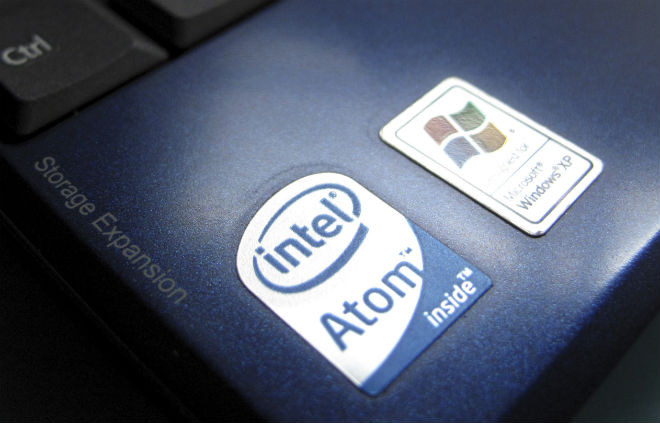Closing the Window on XP – Urgent Steps Small Businesses Must Take

The end is nigh for Windows XP. Small businesses need to act now to ensure they aren't caught out by the software issues and security risks that will ensue from 8 April when Microsoft ends its support for the legacy operating system.
Launched in 2001, XP has proved incredibly popular with consumers and business users alike. However, it was built for the pre-mobile age and Microsoft is now encouraging users to migrate to modern operating systems like Windows 8.1.
According to the software giant itself, XP is more than five times as vulnerable to viruses and other attacks than modern operating systems. It's believed that around a third of malware infections can be attributed to missing software patches, so small businesses need to consider updating their systems before the deadline.
Putting your business at risk
According to internet technology statistics specialist NetMarketShare, almost a third of desktop computers are still using Windows XP, and as such many small businesses will be probably be wondering what the end of XP support means for them.
Unfortunately, it's something of a hard truth: If you're running Windows XP after 8 April, 2014, you are putting your business at risk – and please don't believe anyone who claims that quick fixes can replace a critical operating system update.
It's not just PCs or laptops that will be affected either. Support for XP on third party products is also ending. This means the applications and devices you depend on, even your printer, may soon be incompatible with your computer.
Designed for a different era
XP is a product designed for a different era of technology. Businesses that fail to upgrade from legacy systems not only put their company and customer data in jeopardy – they're also likely to fall behind their competition. The opportunities that technology offers businesses have now rather drastically advanced, designed to take advantage of the massive growth of the internet and mobility to offer great new ways to work, reach more customers, and grow faster.
There are numerous ways for smaller businesses to address the situation, and they are not necessarily costly or disruptive to day-to-day operations. As ever, the best thing to do is to speak to an expert.
Businesses should seek out expert advice to discern the system migration plan that will best suit their company. This doesn't have to be expensive, and you can often find free independent advice as nearby as your local high street. Microsoft is also offering a free data migration tool to help copy files from XP to new PC operating systems.
Very few older computers will be able to run Windows 8.1, the latest version of Windows. A great way for smaller businesses to identify which is the best operating system for them is to download and run the Windows Upgrade Assistant to check if the equipment meets the system requirements for Windows 8.1 and then follow the steps in the tutorial to upgrade if the equipment is able to run it.
However, if current IT equipment can't run Windows 8.1, it's probably time to consider shopping for a new one.
New laptops and PCs are more powerful, lightweight, and stylish than ever before – and with an average price that's considerably less expensive than the average PC was 10 years ago. Newer operating systems have been designed to capitalise on the latest trends, including mobile working, and upgrading may provide the perfect opportunity to build mobility into your business.
For example, compatibility with the latest cloud apps, such as Microsoft Office 365, provides users with the ability to remote work, as well as collaborate with colleagues while on the move.
Goodbyes are never easy, but there is support out there for any business that needs help migrating or upgrading their systems.
Alan Ritchie is managing director for PC World Business
© Copyright IBTimes 2025. All rights reserved.





















